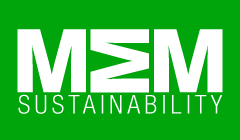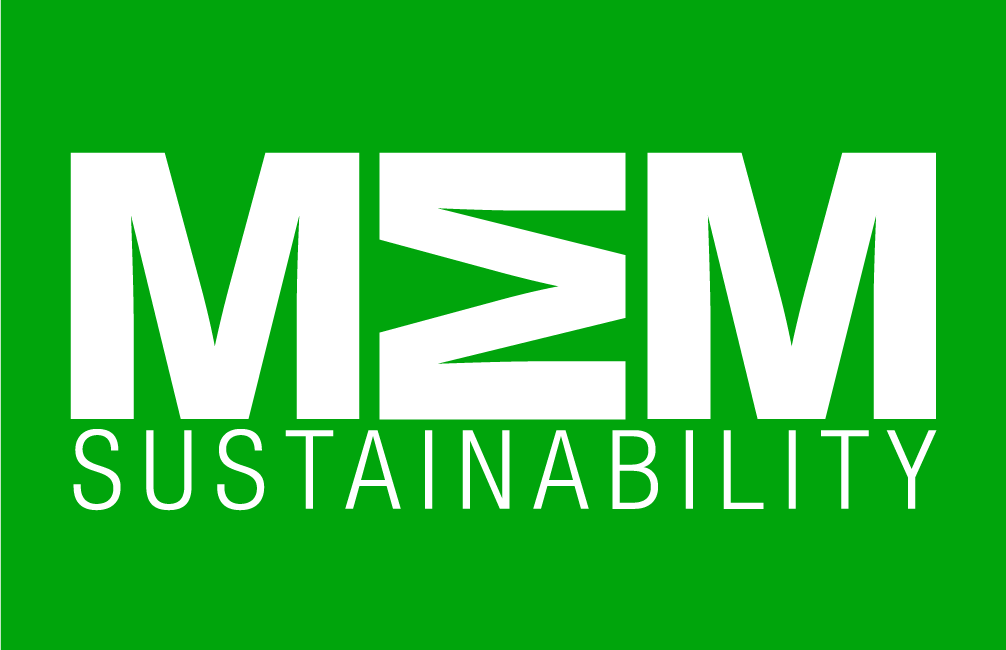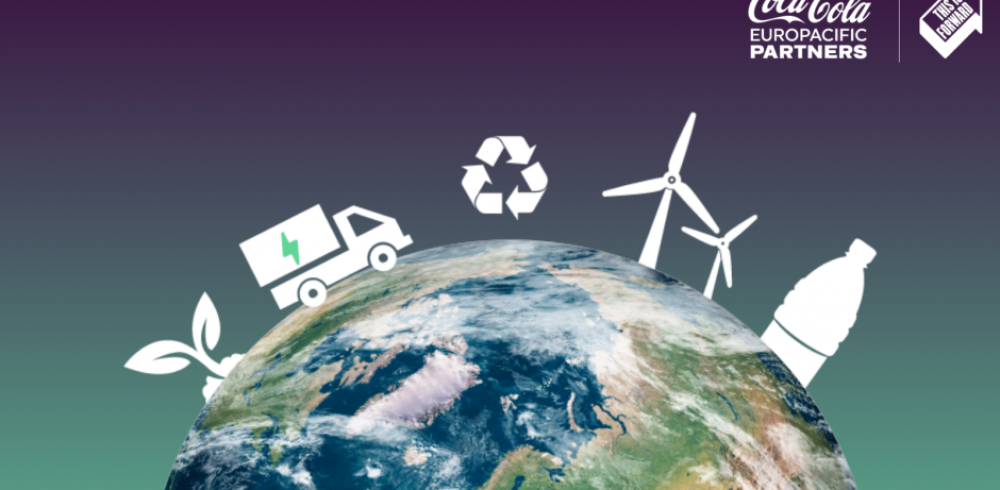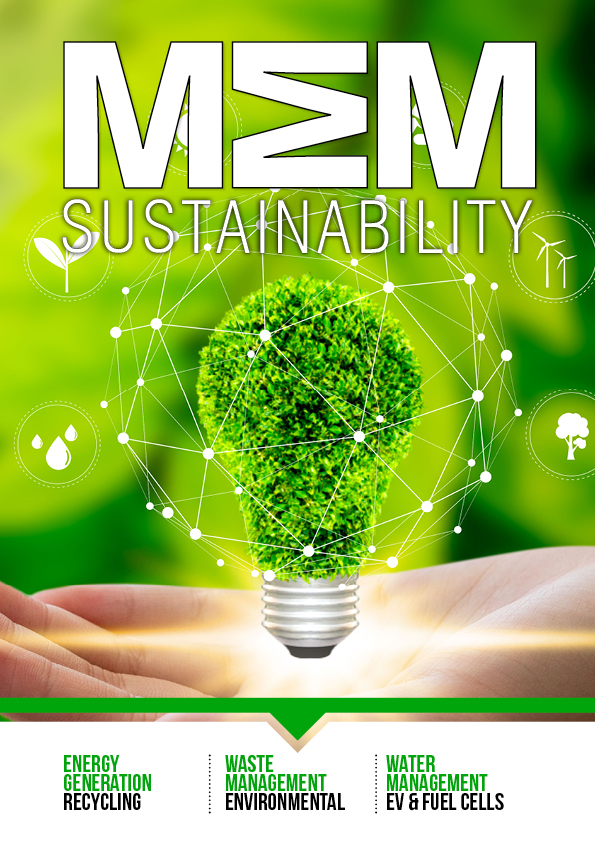Coca-Cola Europacific Partners (CCEP) has set an ambition to reach net zero by 2040 and reduce its greenhouse gas (GHG) emissions by 30% by 2030 (vs. 2019), aligned with a 1.5C pathway and approved by the Science Based Targets Initiative (SBTi). To do this, Coca Cola recognises that key areas of its business will need to undergo fundamental change.
With more than 90% of its emissions attributed to its supply chain, the company will need action from 15,000 suppliers too. They have been making progress over the last decade; since 2010 they have reduced the Scope 3 emissions by 27%. But there is still more to do.
Coca Cola’s carbon reduction pathway started with a three-year plan, focusing on the most immediate and impactful carbon reduction actions. In October 2020, the company asked all its suppliers to take three actions:
- Set and validate GHG emission reduction targets with the SBTi by 2023
- Commit to using 100% renewable electricity across their operations by 2023
- Share their carbon footprint data
By setting science-based targets and having them validated by SBTi, the suppliers set themselves a clearly defined emissions reduction pathway, in line with the Paris Agreement goals.
Since launching its net zero ambition one year ago, Coca Cola made strong progress:
- Almost half (45%) of its carbon strategic suppliers are now engaging with SBTi in 2021 (up from 12% in 2020)
- Almost a third (31%) of its strategic suppliers are engaging with SBTi in 2021 (up from 11% in 2020)
Switching to 100% renewable energy is one of the most impactful carbon reduction steps that any company can make. It reduces carbon emissions, and also helps support local and national net zero objectives. Data-sharing about GHG emissions, is also vital. It enables the company to work collaboratively and ensure GHG emission reduction targets are met. Coca Cola, therefore, focuses its efforts on the strategic suppliers (who account for 80% of its spend) and the carbon strategic suppliers (who account for over 80% of its Scope 3 emissions).
Partnership is important, so Coca Cola offers several support options to its suppliers, including training days, detailed guidance for category managers where they explain the cost and environmental implications of inaction, and provide tools on climate ambition, action and advocacy. At the moment, the company is planning to expand the programme to 100 additional carbon strategic suppliers across its new territories following CCEP’s acquisition of Coca-Cola Amatil earlier this year.
Moreover, it is also working to understand supplier-specific emission factors for carbon strategic suppliers across core aspects of its supply chain, such as packaging. This will be critical in helping the company to build a more accurate picture of its Scope 3 emissions and reflect the impact their actions are having.
The net zero 2040 goal is highly ambitious and there is a lot of hard work due to come. Coca Cola is aware that each of its suppliers has its own decarbonization journey with different timescales and targets and to achieve the goal, they will all have to collaborate.















